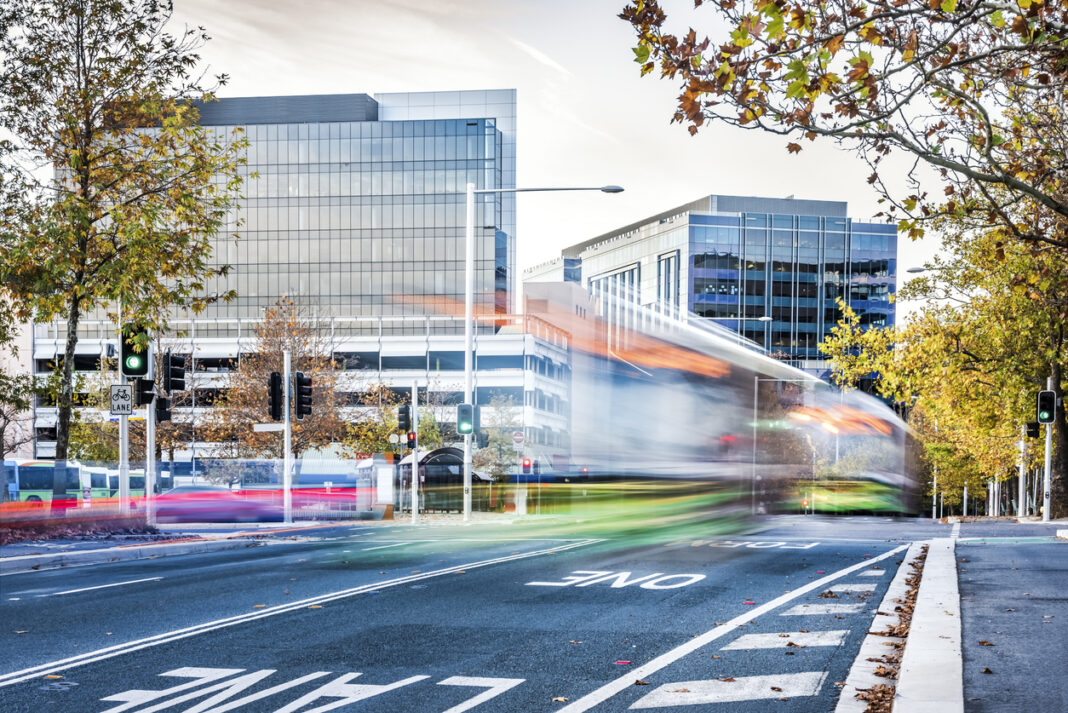Car free days in Civic, more trees, a zero-emissions bus fleet, all-electric public schools and government buildings, and zero emissions from gas use by 2045 are just a handful of initiatives outlined by the ACT Government in The ACT Climate Change Strategy 2019-2025 and Canberra’s Living Infrastructure Plan, handed down on 16 September.
ACT Minister for Climate Change and Sustainability, Shane Rattenbury, said the documents outline the Government’s goal to cut emissions by 50-60% below 1990 levels by 2025.
“The move to 100% renewable electricity has been led by the Government … but the next phase of emission reduction does require behaviour change, and we will need to work with the community.”
Chief Minister Andrew Barr said the Government will ensure the wider community transitions required are managed fairly.
“We will also be a source of redistribution of income through our concessions programs and our incentives to ensure the transition is just, but it’s not going to happen instantaneously.”
Other key initiatives in the Strategy and Plan include: a 30% urban tree canopy target for the ACT; transitioning more Canberra homes and businesses to solely electricity; increasing use of sustainable transport; introducing a household food and garden waste collection service; and reducing emissions in ACT Government operations.
With a number of initiatives in the document dealing with transport, Mr Barr said Canberrans will collectively move toward electric private transport as the technology becomes more accessible.
“You will see people still able to move around Canberra in private transport that will be emission-free, that’s the future for our city,” Mr Barr said.
“The type of vehicle people utilise to undertake that free and easy movement, the 20-minute city, that will change, and that’s going to be driven by international trends in motor vehicle production.”
ACT Leader of the Opposition Alistair Coe told ABC Radio Canberra Breakfast the Government initiatives display an “arrogant approach”.
“It seems that the ACT Government thinks there is excess car use out there, that there is excess energy use, as if people are enjoying paying for petrol and gas.
“For people doing the school drop-off, then driving into work, struggling to find a park, paying $17.50, then picking up kids, taking them to school sport, going to the supermarket afterwards … to tell them they shouldn’t be using their car is extreme arrogance.”
According to the Strategy, the Government will introduce legislation by 2021 to come into force in 2022-23 that will require landlords of inefficient properties to improve their properties before they can be rented out.
Executive Director of Better Renting, Joel Dignam, praised theStrategy’s commitment to minimum energy performance requirements for rental properties.
“From our research and engagement with people who rent in the ACT, we know this policy can transform the lives of tens of thousands of people in Canberra.
“Better rental homes will mean that people don’t have to suffer through winter or swelter through summer,” Mr Dignam said.
The Strategy currently has $17m of funding for the initial work and initiatives, and to continue existing climate programs.
More stories:


